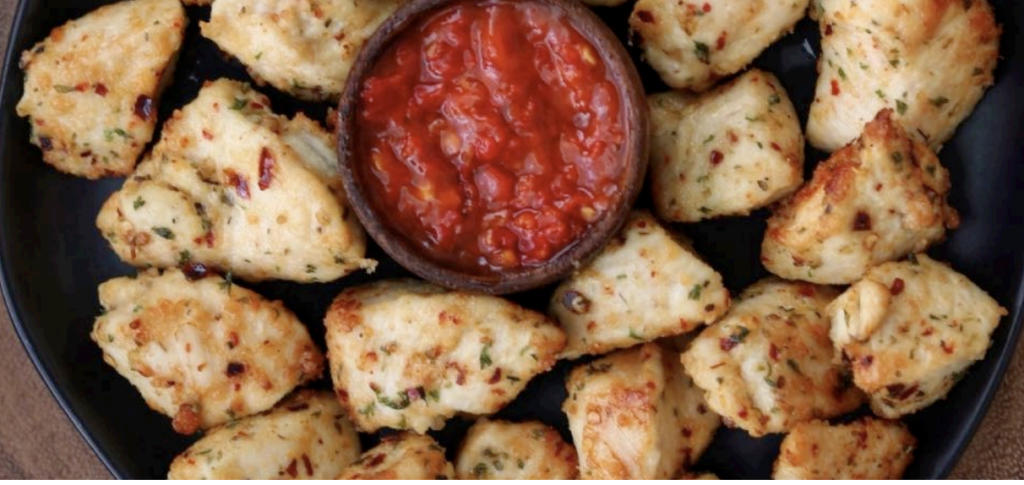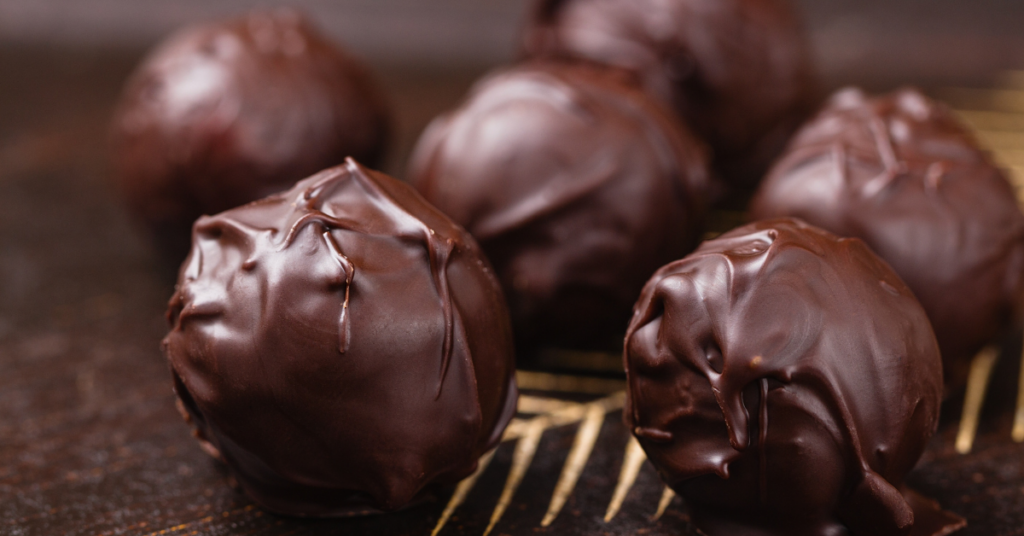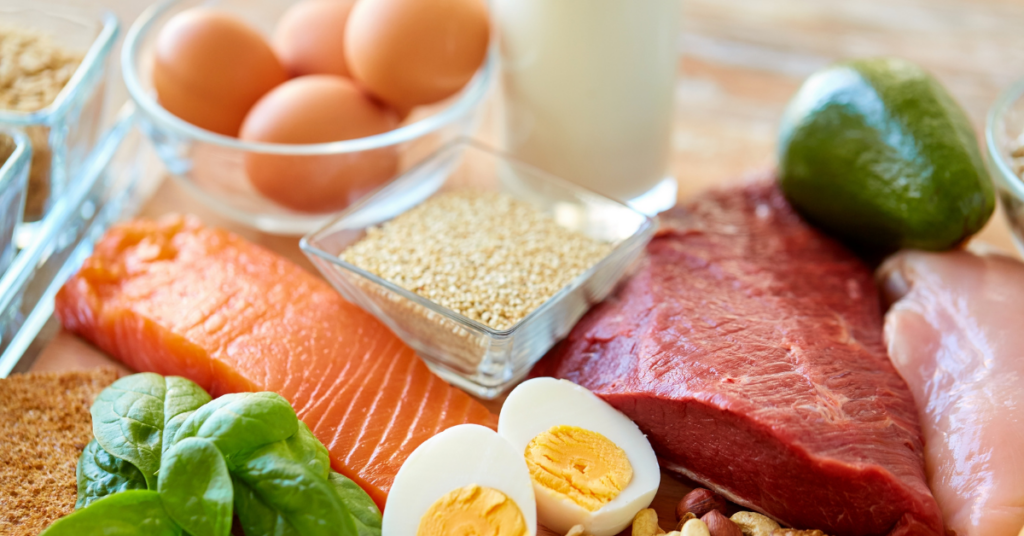“Can I get you a drink?”
Where do you picture yourself getting asked this question?
At a bar? Wedding? Business dinner? Backyard barbecue? Restaurant? Casual hang out with friends? Family gathering?
Many of the events you attend and activities you do have the prospect of alcohol being available, encouraged, or even expected—it’s ingrained in our sociocultural history. Current chemical analysis estimates show that humans have used beer and wine for over 9000 years. That’s nine millennia of alcohol being used to alter mental states, as a symbol in religious and coming-of-age ceremonies, and as a means to lubricate social situations.
Bottom line: alcohol isn’t going anywhere.
Determining what role alcohol should (or shouldn’t) play in your life can be a challenge, particularly when fat loss is your goal.
I remember it well: I was 22, less than a year out of college, and had just begun my career as a personal trainer in a local gym.
I wanted to look the part of a personal trainer as soon as possible, so I weight trained and changed the rest of my life to support my health goals. With visions of fitness cover models dancing in my head, I also began counting macros for the first time. The numbers part seemed easy enough for my puzzle-loving, mathematically-inclined brain: set your targets, plug in the gaps with foods that fit, and away you go! However, like most 22-year-olds, I still enjoyed a couple of drinks on my weekend evenings (sometimes as many as seven or eight). Typically, every Friday or Saturday night was spent at a friend’s apartment, at a local bar with co-workers, or downtown Chicago if we felt fancy and payday had just hit. Surprisingly, this didn’t pose any problems for hitting my macros. Or so I thought.
I was still within range of my targets, even when I accounted for the mixers in my beverages, but there was a problem. I never once accounted for the actual alcohol I was drinking. It wasn’t a carb, fat, or protein. Therefore, it wasn’t a ‘macro’ and must be free! Oh, young Jack.
It took me months to realize that I was unknowingly sabotaging my efforts and leaving out a crucial tracking aspect. When I identified the problem, my frustrations with macro counting had escalated. I had written macro tracking off entirely as an effective method for achieving my ideal body composition. Not to mention, I was completely unaware of the ancillary effects alcohol had on my body and the myriad of different ways it negatively impacted my health goals. However, once I realized I was slowing down my progress by not accounting for alcohol, things changed quickly. While I didn’t cut out alcohol entirely, I did manage to drastically diminish its effects on my health goals once I understood it better. I want that for you, too.
Here’s everything you need to know about alcohol and its effects on fat loss.
Nutritional Basics of Alcohol
Like most things we eat or drink, alcohol contains calories. You know, those little units of energy that get a bad rep because most of us eat too many of them. Just like carbohydrates, fats, and protein, alcohol has calories. Think of it as ‘the 4th macro’.
Compared to the other macros, it carries a caloric density almost twice that of carbs or protein and just below fats:
- Carbs = 4 calories/gram
- Protein = 4 calories/gram
- Alcohol = 7 calories/gram
- Fats = 9 calories/gram
Since overall caloric intake is the key determinant in whether you lose, maintain, or gain fat, not accounting for the calories in alcohol makes it difficult to hit your goals.
For example, if a 4.5% ABV beer is 155 calories and contains 13g of carbs (52 calories) and 1g of protein (4 calories), then the 99 remaining calories come from alcohol.
However, unlike the calories in your macros, the calories in alcohol carry no nutritional value, such as vitamins, minerals, protein, fiber, or essential fatty acids. In short, there is no nutritional need for alcohol in the body. It’s the very definition of an ’empty calorie.’
How Alcohol Affect Fat Loss
You may be concerned about alcohol being a 4th macronutrient, especially because you don’t track it as a macronutrient like protein, carbs, and fats. One of the benefits of having a Stronger U Coach includes expert recommendations on how to account for alcohol in your nutrition plan.
In addition to adding extra calories, alcohol also affects your health and fat loss progress in many other ways.
Metabolism
Alcohol is a toxin. That’s why you get ‘intoxicated’ when you drink.The body recognizes alcohol as a toxin that it has no way of storing and goes to work on eliminating it before doing anything else. Your metabolism temporarily increases to do this as quickly as possible. However, when your liver is ridding the body of alcohol, your ability to take in nutrients or break down carbohydrates and fat is compromised. This inability, coupled with the extra calories from the alcohol, increases the likelihood of storing your macronutrients as fat.
Sleep and Increased Hunger
Studies have shown that as little as one alcoholic beverage in the hours leading up to bedtime can negatively impact your body’s ability to get to sleep, stay asleep, overall quality of sleep, and daytime alertness the next day. This negative impact on sleep works against your efforts to change body composition, as consistent quality sleep is critically important to fat loss. Your body’s hormone production of leptin and ghrelin, which control your hunger and satiety levels, directly correlates with the sleep you get each night. Fitful sleep or fewer hours of sleep overall leads to increased hunger the next day and the inability of your body to tell you that you’re full. The change in hunger hormone levels increases the likelihood of overeating the day or two following a poor night’s sleep.
Reduced Inhibitions
Your appetite spikes from the increased metabolic effect of alcohol, your decision-making ability is compromised, and now you’re leaving the bars at 1 am. Impaired judgment and lack of sleep negatively impact your late-night food selection. These factors are why the food you typically eat when consuming alcohol is rarely a green salad and chicken breast. Lowered inhibitions lead to poor decisions that slow or reverse progress toward your goals.
Hangover Effect
Having too much to drink the night before will likely impact your decision-making. The day after a night out finds most people sluggish and highly dehydrated. Fighting the Sunday crowds at the grocery store is probably low on your list of things you want to do.
Being overly tired from a poor night of sleep can leave you wanting to skip your workout, meal prep, or any other activities you’d usually be doing to set yourself up for success. Not to mention, dehydration is commonly mistaken for hunger. ‘Hangover food’ cravings aren’t usually the most goal-oriented option. This snowball effect from a night of intoxication, poor sleep, and a next-day hangover creates momentum headed in the wrong direction.
Strategies for Handling Alcohol in Social Situations
While elimination might be the best possible health decision you can make when it comes to alcohol, it may not be the approach that works best for you. After all, you are working to build a healthy, sustainable, and enjoyable life. A balanced approach is essential in this case, and much like with food, there are many techniques for managing alcohol responsibly.
Make Better Choices
The easiest option for managing your drinking is to swap out your high-calorie beverage for something lower-calorie. There are calories from carbohydrates in both beer and wine, but the majority of the calories come from the alcohol content. Therefore, you’ll want to opt for the options lower in ABV. For beer, this means ‘light’ beers, and for wine, generally, whites are lower in alcohol content than reds.
If you prefer liquor, drinking it straight, on the rocks, or using a zero-calorie mixer are your best bets. Sugary sodas, juices, and energy drinks are where most calories come from mixed drinks.
Hydrate
Regardless of your alcoholic drink of choice, you’ll want to ensure you’re drinking water before, during, and after to diminish the effects and help your body flush it out. Even though you’re technically drinking liquids when consuming alcohol, it has a dehydrating effect because of how your body processes it. A good rule of thumb to stay hydrated and limit hangover symptoms is to have a full glass of water between each alcoholic beverage.
Plan
Just like you plan your day of eating in advance, it pays to have a plan for drinking. Use the Stronger U App to plan your drinks. They should fit into your macros, similar to anything you’d eat. Start by inputting the number of drinks you’d like to have and then fill in the rest of your day’s eating. You’ll be in good shape if it aligns with your macros and you’re not compromising your overall food intake too much. Make sure to include plenty of water, veggies, lean protein, and other filling foods, as you’ll be eating less physical food that day because of the calories allotted to alcohol.
Eliminate
Even the best-laid plans fail, especially when you’re new to counting macros and have deeply ingrained habits you’re trying to change. Putting yourself in situations where you usually drink too much or trying to limit yourself before you’ve practiced can backfire on you.
It can be best to temporarily eliminate alcohol as an option until you have a little more experience. It’s a great tactic in the beginning, so you can create momentum and then add drinking back in slowly once you’re comfortable with the rest of your new lifestyle.
And finally, a toast
Ultimately, whether you decide to drink (and to what extent) is entirely your choice. We at Stronger U only want to ensure you are well-equipped with all the tools to create the lifestyle that best fits your goals and fulfills you.
So here’s to you!
May your successes be many and your failures few; whether stone cold sober or with a drink or two!








